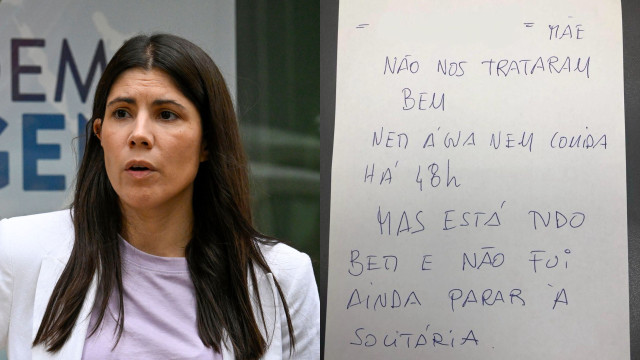
A report released today by the Organisation for Economic Co-operation and Development (OECD) highlights the resilience of Ukraine’s economy amidst ongoing disruptions since Russia’s invasion began in February 2022.
The report emphasizes that ongoing reforms are crucial for establishing a foundation for sustained recovery and long-term growth.
Furthermore, the document notes that additional growth opportunities may surface if security conditions allow for a stronger investment recovery and the return of Ukrainians displaced by the war.
The OECD forecasts economic growth of 2.5% in 2025 and 2% in 2026, following last year’s 2.9% growth rate.
Inflation remains high with an estimated 13.2% in 2025, but it is expected to decrease to nearly half (7.1%) the following year, according to the latest Economic Survey by the OECD. The survey recommends a carefully calibrated monetary policy to achieve the 5% target set by Kyiv’s central bank.
“Ukraine’s resilience,” stated OECD Secretary-General Mathias Cormann, during the presentation of the survey in Kyiv alongside Ukrainian Prime Minister Denys Shmyhal, “is a testament to its people and businesses, its economic management, and the support from its international partners.”
The report also provides other key figures, such as the projected budget deficit of 20% of GDP, which places public debt on a trajectory toward 116% of GDP by 2026, more than double the pre-war level of 49% in 2021.
These figures are attributed to defense spending to counter the Russian invasion, calculated at 25% of GDP.
The OECD recommends increased spending efficiency to create space for essential public investment in reconstruction, improved tax collection, and enhanced fiscal administration utilizing more digital tools.
The Paris-based organization also stresses that reinforcing public finances and implementing robust structural reforms to boost employment and business investment will be essential for sustained recovery, with promising prospects if security conditions improve.
“Ukraine has tremendous potential for a reconstruction that enhances the income and well-being of its population, moving toward convergence with OECD countries,” according to the report, which also highlights ongoing efforts against corruption.
The OECD’s Ukraine Integrity and Anti-Corruption Review, also released today, points to “strong progress” in this area and in enhancing corporate integrity, although much work remains.
“Fostering a culture of integrity in the public sector, businesses, and judiciary at both central and local levels, including adopting codes of ethics for parliament members, ministers, politicians, and judges,” is essential, as is the monitoring of public agency audits, the report warns.
Another significant issue for Ukraine’s economic recovery relates to the war mobilization and the exodus of hundreds of thousands of people due to the conflict, which “has created a significant labor shortage and exacerbated long-term challenges of an aging population and emigration.”
The OECD recommends supporting demobilized military personnel and reintegrating refugee and displaced populations into the national workforce to address labor shortages.
“Reducing restrictions on types of work women can do, such as those preventing women with small children from working shifts, would encourage more women to participate in the labor market and reduce wage disparities between women and men,” advocates the organization.
Additionally, it suggests simplifying regulatory frameworks, promoting competition and innovation, and improving access to financing to enhance productivity and exports.




